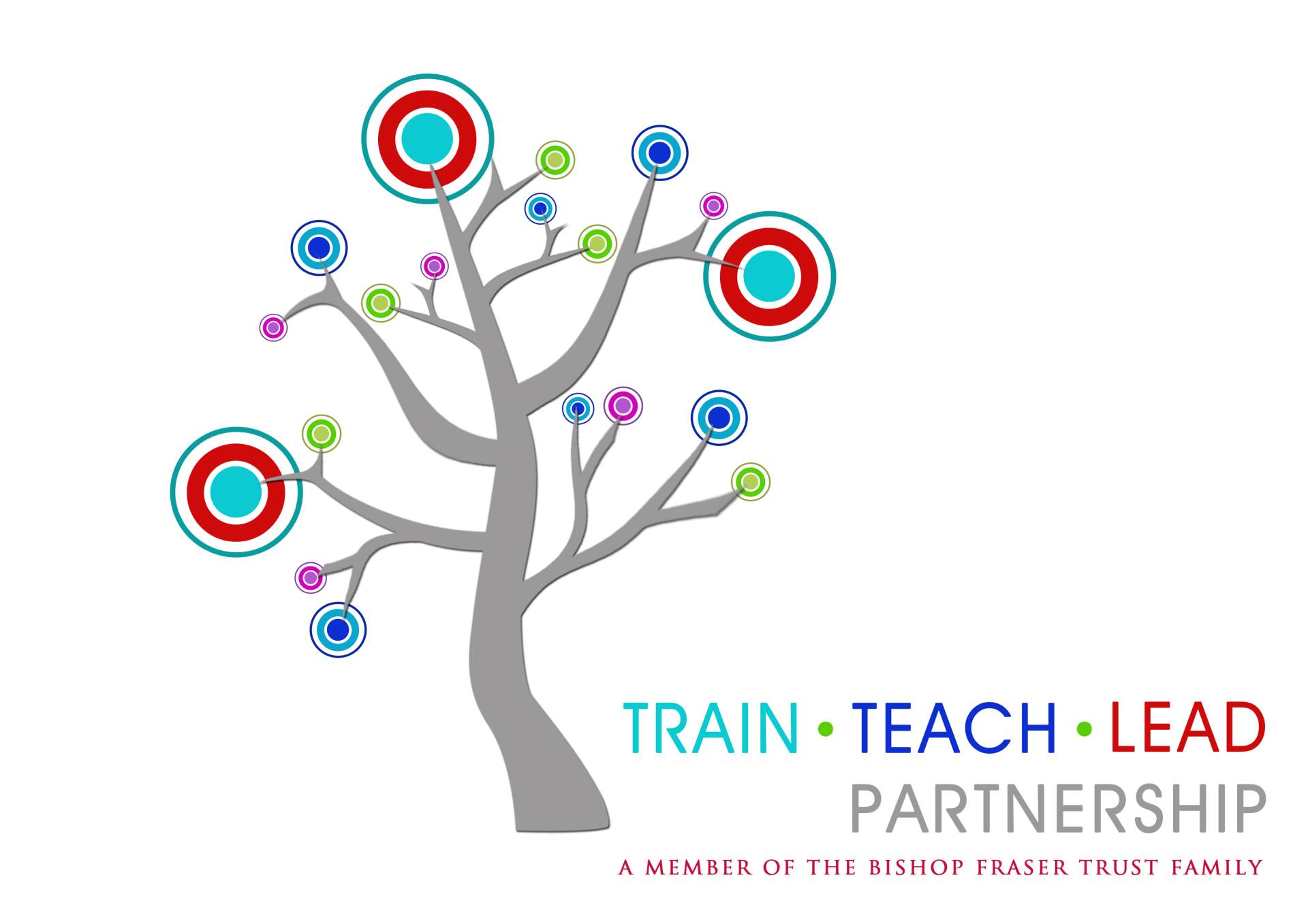Computing
Departmental Vision
Our vision is to inspire a love of technology in students, equipping them with the knowledge and skills needed to navigate the ever-changing digital world. We aim to develop computational thinking and problem-solving skills, ensuring students are prepared to meet the challenges of the 21st century as industry-ready professionals and critical thinkers.
Key Aspects of Our Vision:
-
Computational Thinking & Problem-Solving
We focus on developing logical thinking, programming skills, and the ability to solve real-world problems, preparing students to tackle challenges across any field. -
Essential IT Skills
Our curriculum includes key IT skills like word processing, spreadsheets, and presentations, enabling students to excel in both technical and non-technical roles and further education. -
Responsible Digital Citizenship
We emphasize safe and ethical technology use, ensuring students are aware of online risks, privacy issues, and the importance of responsible online behaviour. -
Adapting to an Automated Future
As technology becomes central in all aspects of life, our curriculum prepares students to be comfortable with computers, ensuring they can thrive in an automated, technology-driven world. -
Lifelong Learning & Adaptability
We instill a growth mindset, encouraging students to embrace change and continuously adapt to new technologies throughout their lives.
In KS4, we currently run three qualifications:
- Computing GCSE
- ICT
- Business studies
Curriculum Design
At Bury Church of England High school, our Computing curriculum is built upon the three fundamental pillars of Computer Science, Information Technology, and Digital Literacy. These pillars form the foundation of the National Curriculum for Computing and are reinforced by the extensive research from the Royal Society on computing education. We are committed to delivering a comprehensive curriculum that prepares our students for the rapidly evolving digital world.
The Computing curriculum is designed to ensure that pupils progress by knowing and remembering more across these three interconnected pillars. Knowledge within each pillar not only supports but enhances the others, and much of the most valuable learning takes place where the pillars intersect. This approach ensures that students receive a well-rounded education in computing, equipping them with the skills needed for both academic success and future career opportunities.
- Computer science is the core of the computing curriculum and covers principles such as data representation, algorithms, data structures and programming. This provides the foundation knowledge required to understand and interpret other areas of the curriculum.
- Information technology provides a context for the use of computers within society. Within IT there is a focus on knowledge of how computers are used within different sectors and describes the methods to create digital artefacts such as videos, animations or 3D models.
- Digital literacy is the knowledge and ability to use technology confidently, competently and in a safe way. It covers wide-ranging knowledge from how to operate devices at a mechanical level, searching and selecting information and how to use digital devices safely and responsibly.
An Interconnected Approach:
The beauty of our curriculum lies in the way these three pillars complement and enhance each other. For instance, the knowledge students gain in Computer Science allows them to better understand the Information Technology tools they use to create digital content. Simultaneously, a strong grasp of Digital Literacy helps students use both programming and IT tools effectively and responsibly. This integrated approach ensures that students are not just learning separate topics in isolation, but instead developing a holistic understanding of computing that is both theoretical and practical.
Computing KS3 Curriculum Intent
Staff/Context
- Mr M Fearn, Head of Department
- Mr M Dwedari
Core knowledge
Below is a document displaying the knowledge that we believe all KS3 students should embed within their long term memory in order to be a successful in computing. Our KS3 assessments are based on this knowledge so you can use this document to support your revision.
Below are documents displaying the knowledge that we believe all KS4 students should embed within their long term memory in order to be successful in these courses. This list should be used to prioritise your revision before moving onto deeper knowledge within the curriculum.
Business studies KS4 Core Knowledge
Computer science KS4 Core Knowledge
Knowledge Organisers
Year 7
- 1 Collaborating Online Safely
- 2 Clear Messaging in Digital Media
- 3 Networks - From Semaphores to the Internet
- 4 Media - Gaining Support for a Cause
- 5 Modelling Spreadsheets
- 6 Scratch Programming I
Year 8
- 1 Scratch Programming II
- 2A Developing for the Web - HTML Elements Structure
- 2B Mobile App Design
- 3 Representations - From Clay to Silicon
- 4 Vector Graphics
- 5 Computer Systems
Year 9
- 1 Python Programming I and II
- 2 Cyber Security
- 3 Data Science
- 4 Representations - Going Audio Visual
- 5 Media Animation
- 6 Physical Computing
AQA GCSE Computing
Paper 1
- 1 Paper 1 - GCSE Algorithms Knowledge Organiser
- 2 Paper 1 - GCSE Programming Knowledge Organiser
- 3 Paper 1 - GCSE Search Algorithms Knowledge Organiser
- 4 Paper 1 - GCSE Sorting Algorithms Knowledge Organiser
Paper 2
- 1 Paper 2 - GCSE Computer Networks Knowledge Organiser
- 2 Paper 2 - GCSE Computer Security Protocols Knowledge Organiser
- 3 Paper 2 - GCSE Computer Systems Knowledge Organiser
- 4 Paper 2 - GCSE Cyber Security Knowledge Organiser
- 5 Paper 2 - GCSE Data Images Sound Compression Knowledge Organiser
- 6 Paper 2 - GCSE Data Representation Knowledge Organiser
- 7 Paper 2 - GCSE Databases Knowledge Organiser
- 8 Paper 2 - GCSE Ethical Knowledge Organiser
Exam Specifications




